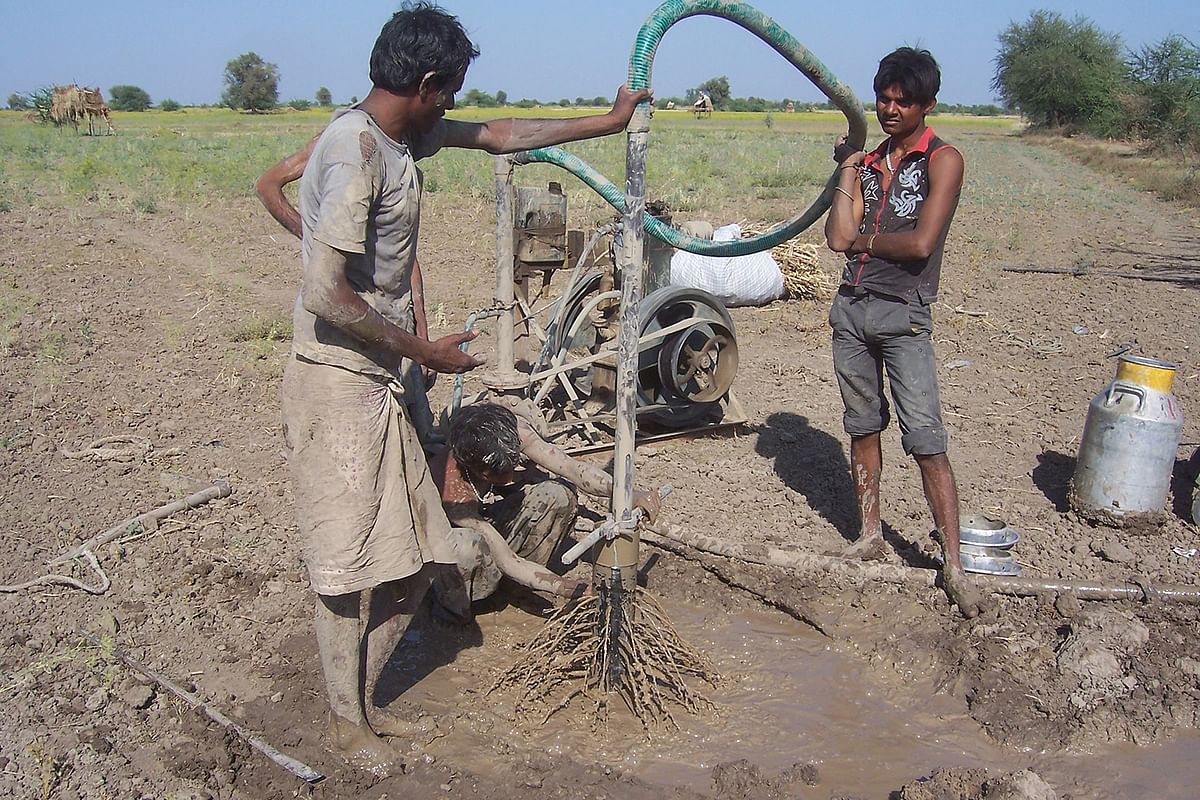
Bhungroo in Gujarat, India wins 2017 Buckminster Fuller Challenge
By Justine Testado|
Wednesday, Oct 11, 2017
Related
The Sustainable Green Initiative Forum's “Bhungroo” project has won the 2017 Buckminster Fuller Challenge! Based in Gujarat, India, the Bhungroo initiative (meaning "straw" or "hollow pipe" in Gujarati) is a low-tech irrigation system that can filter, inject, and store water from precipitation in the water table up to a depth of 300 meters in the subsoil. The technology provides multiple benefits for local farmers: boosts in crop yields and food security, raises rural income, improves soil fertility, helps combat the effects of climate change, and enhances the social status and well-being of women.
Although only one initiative can win the $100,000 grand prize, the Challenge Review Committee also honored two runner-up projects: Sistema Biobolsa and the Martín Peña Channel Community Land Trust (Fideicomiso de la Tierra del Caño Martin Peña).
The Fuller Challenge winners will be presented with the prize at A/D/O in Brooklyn, NY on November 10, which will be followed by a day-long symposium gathering all 10 winners of the Challenge since 2008.
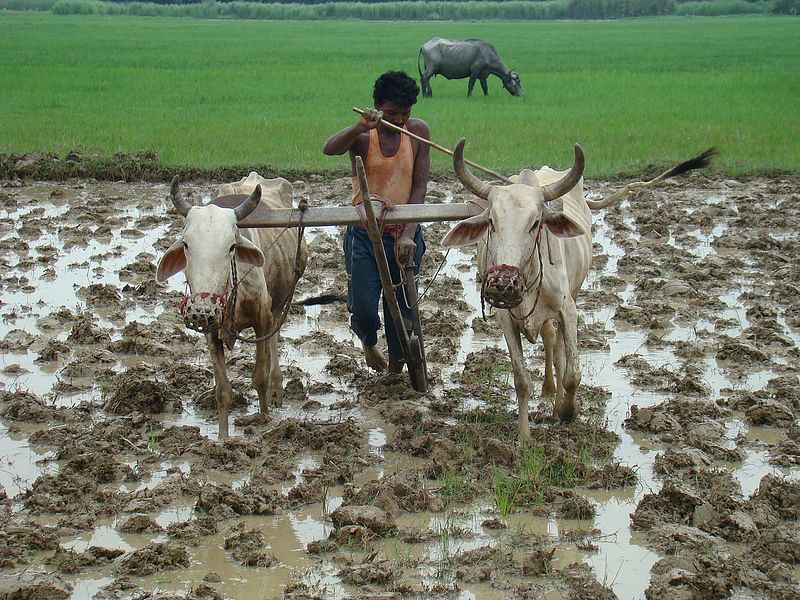
Winner: Bhungroo
The project addresses the severe impact of climate change on rural communities worldwide. In India, 6.72 million hectares of land are affected by erratic rains, floods, and drought. Rural women farmers, who often work in rigidly patriarchal regions, suffer the most from these effects.
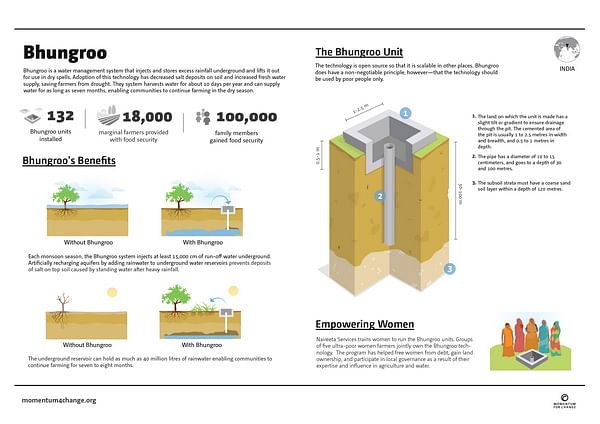
“Operating in India's Gujarat state alongside consultancy-based projects in Bangladesh, Ghana, Togo, and Vietnam, Bhungroo has 17 technical designs for water management in a variety of soil types and agro-climatic zones that can be customized based on 27 variables. Using only 1 square meter of surface area, Bhungroo allows multiple farmers to collectively preserve and retrieve stored rainwater.”
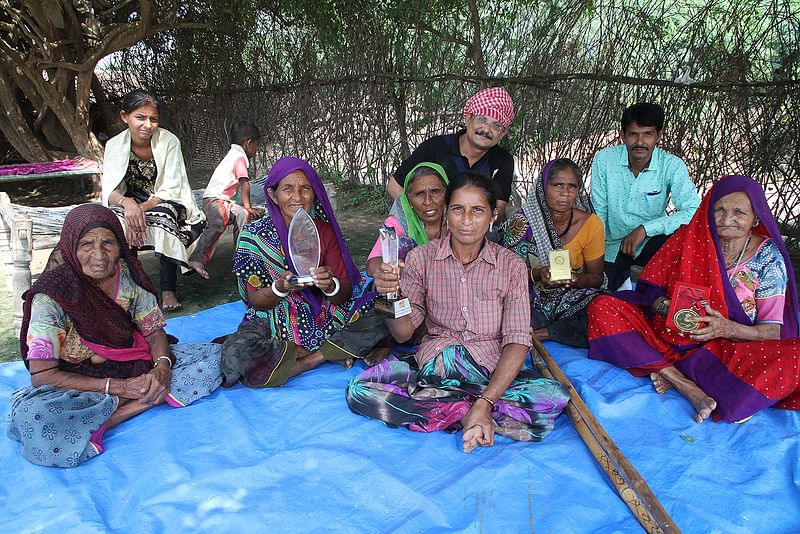
“By involving them in decision-making throughout the process and training them as technical experts who can own, run, and operate Bhungroo irrigation systems, SGIF helps the women educate their neighbors and propagate the technique in their communities, regions, and beyond [...],” the Fuller Challenge Review Committee said in a statement. “SGIF empowers rural women with other programs beyond Bhungroo, including its Women Climate Leaders program that trains women to become advisors to their peers on seed selection and conservation, water and fertilizer use, and planting, among other skills, further boosting the income, self-sufficiency, and social standing of women in their historically patriarchal communities. While entrepreneurial in its design, SGIF’s approach emphasizes community solidarity through the sharing of resources and labor within a cooperative framework.”
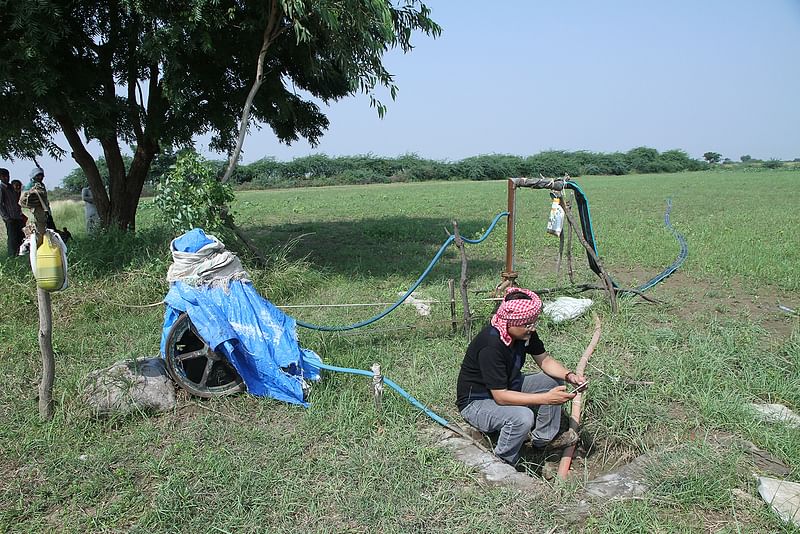
Approximately 3,000 units are currently serving about 15,000 women farmers mostly in Gujarat, as well as in Bangladesh, Ghana, Madagascar, Togo, and Zimbabwe. The SGIF also shares their Bhungroo model through open-source manuals that include pictorial educational apps for illiterate farmers, peer-to-peer training programs, and collaborations with local organizations to create networks of self-sufficient farming communities.
Runners-up:
Sistema Biobolsa
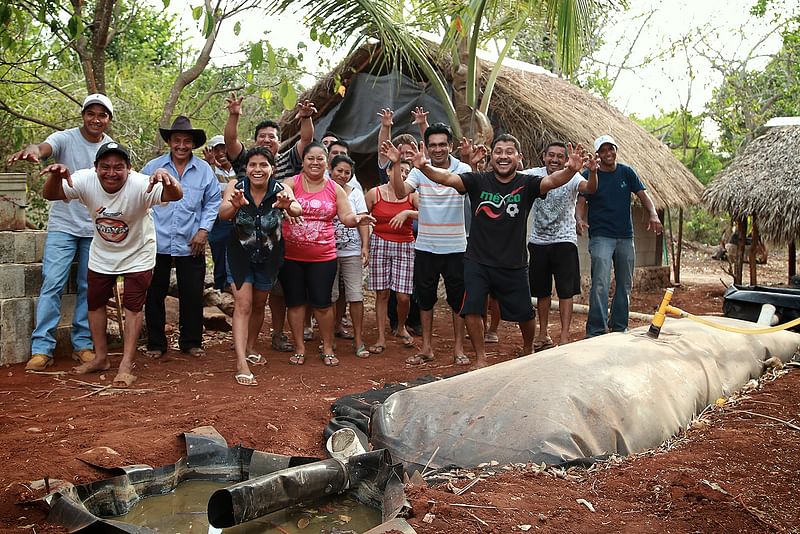
Sistema Biobolsa “distributes biomimetically-inspired, affordable, robust, lightweight, state-of-the-art bio-digesters that permit small farms, rural communities, and urban settlements to convert organic waste into renewable energy and organic fertilizer. Now operating in Colombia, India, Kenya, Mexico, Nicaragua, and Senegal and growing virally, Sistema Biobolsa...boosts the livelihoods of small farmers who produce 80% of the world’s food; curtails illnesses caused by indoor air pollution; provides gas for clean cooking; delivers affordable, renewable, decentralized energy as well as organic fertilizers that reduce the use of toxic chemicals; reduces deforestation; cuts migration to urban slums; and combats climate change.”
Martín Peña Channel Community Land Trust (Fideicomiso de la Tierra del Caño Martin Peña)

The Martín Peña Channel Community Land Trust is a local democracy and social justice initiative. “A historically disenfranchised ‘informal’ community near the center of San Juan, Puerto Rico, situated in the floodplain of a highly polluted waterway, has organized itself to demand environmental restoration while simultaneously working to prevent gentrification and provide affordable housing and access to critical infrastructure for its inhabitants. The project's leaders decided to use a Community Land Trust (CLT) as the vehicle for community empowerment. They secured collective legal tenure of 200 contiguous acres of land in perpetuity. By tackling land rights, environmental restoration, and social justice in a multi-pronged approach, they have launched an unprecedented comprehensive development model, one already being referenced for replication by communities in Brazil, Ecuador, Paraguay, Peru, and South Africa.”

RELATED NEWS Seventeen semi-finalists for 2017 Fuller Challenge announced

RELATED NEWS Rainforest Solutions Project wins the 2016 Fuller Challenge

RELATED NEWS "GreenWave" wins the 2015 Buckminster Fuller Challenge


Share
0 Comments
Comment as :